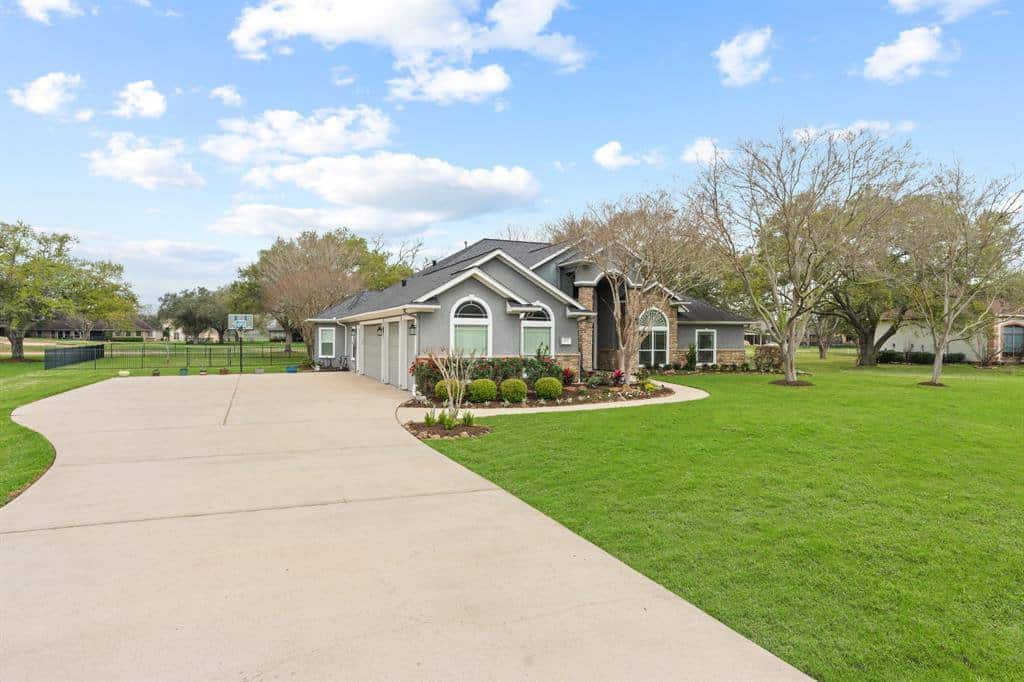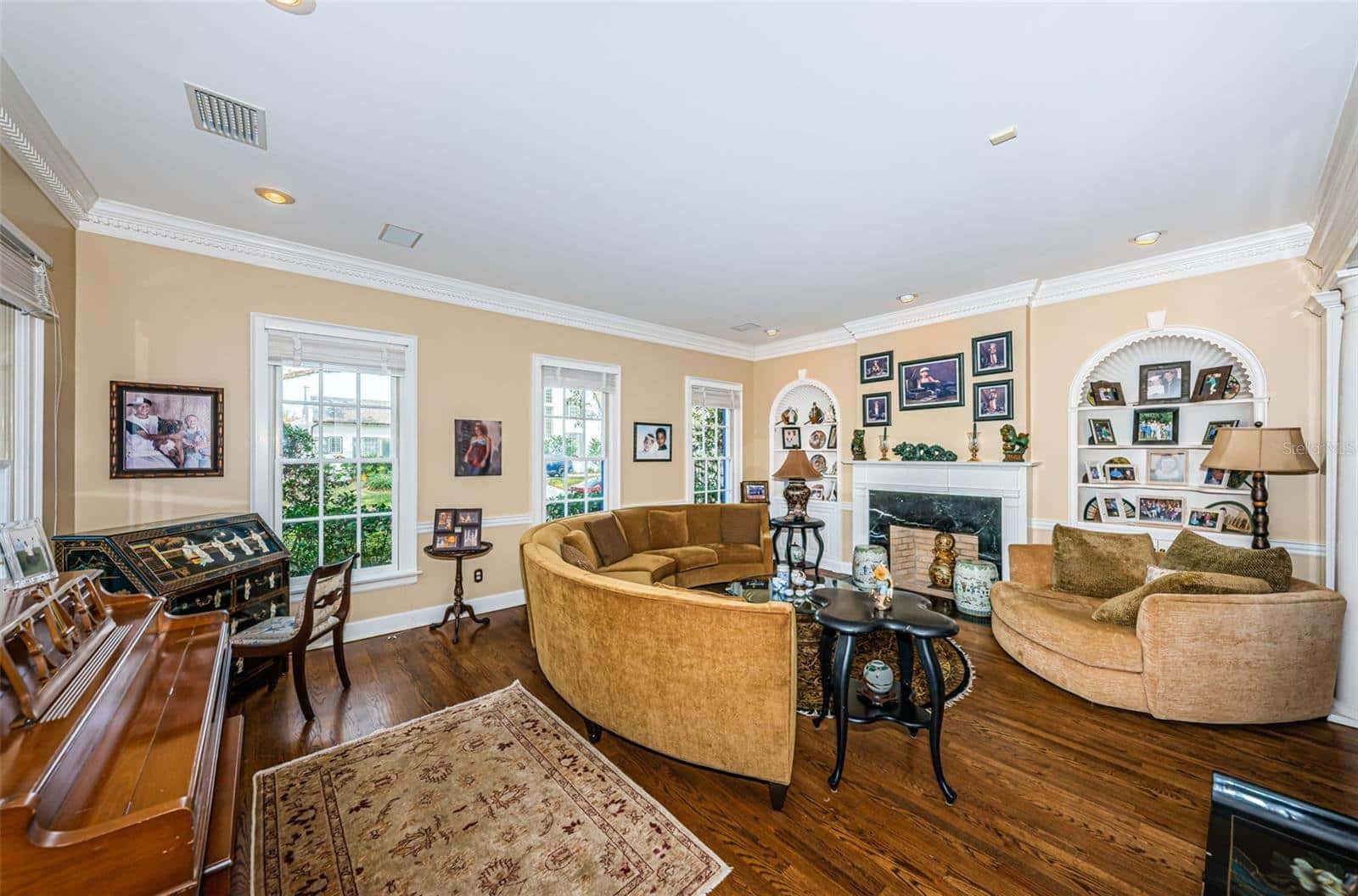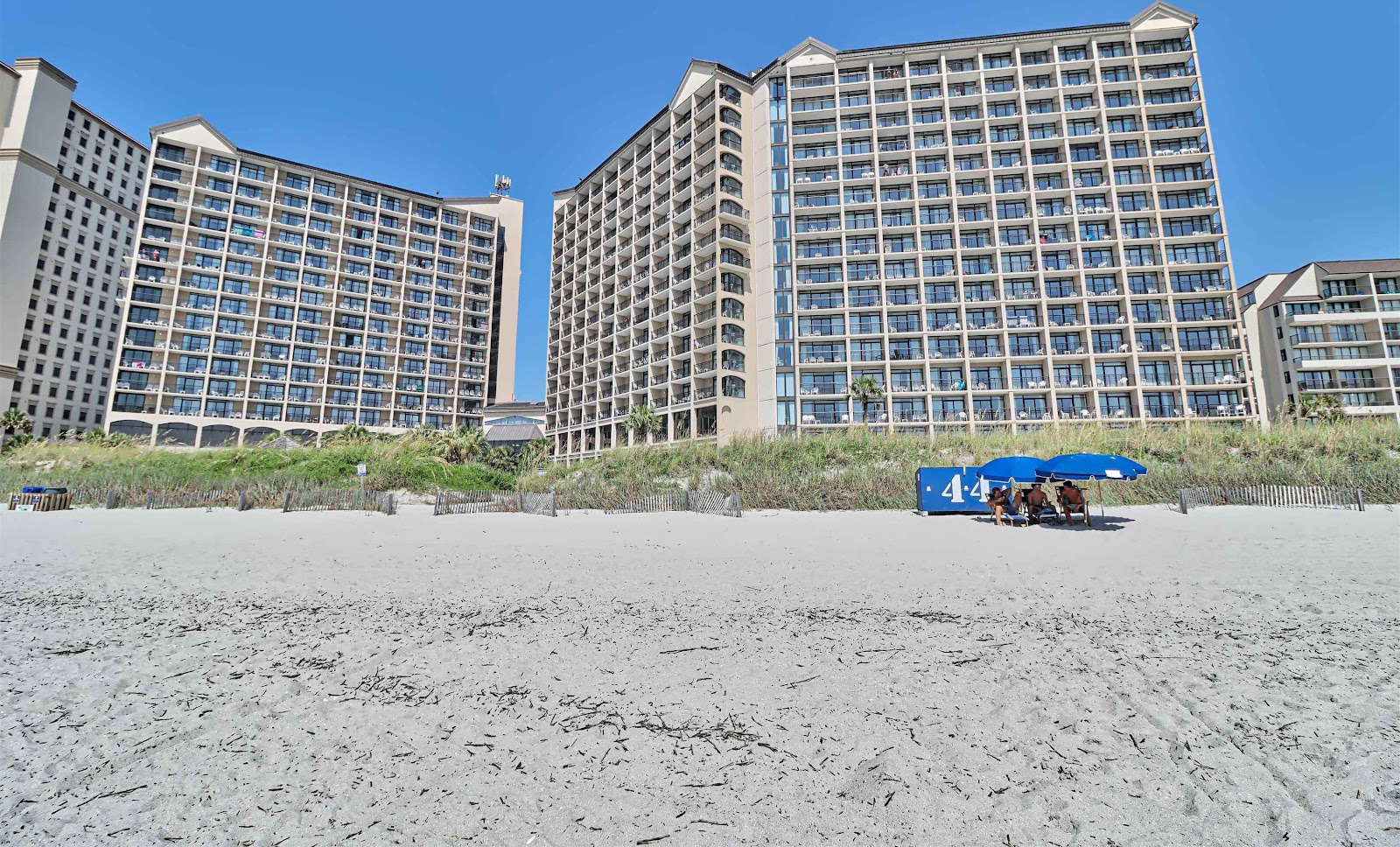
Generally, landlords are responsible for addressing pest infestations. Pest control is an important part of any short-term rental maintenance schedule. Without proper pest control services, properties may become overwhelmed by unsightly insects and critters, causing extensive damage, major losses, and driving away valuable renters.
Thank you for reading this post, don't forget to subscribe!At The Short Term Shop, our rental agents connect investors with the best vacation market rentals available. We also help our property owners link up with on-the-ground local contractors, service professionals, and tradespersons.
With a deep and broad network of professional contacts in localized markets and niche service industries, The Short Term Shop can help any owner fulfill his or her management responsibilities, including pesky pest control.
Treating Pest Infestation Is a Dual Responsibility
Who is responsible for pest control in a rental property?
Although lease agreements vary, the landlord is generally required to provide a safe and habitable living environment for tenants. As such, the landlord typically maintains pest control responsibility in protecting the tenants' health and safety.
That said, if tenants do not alert the landlord of pest problems or maintain general cleanliness, they may be found responsible under certain lease conditions.
Seasonal pest control services, regular maintenance and repair, and proactive pest prevention can all ward off potentially costly pest problems.
What Exactly Is Rental Pest Control and What All Does It Include?
Rental pest control is simply those pest control treatments and services performed by a pest control specialist to rid rental properties of pest control issues. A pest control service may treat a variety of building structures and land types, including single-family homes, multifamily units, complexes, condos, motels, hotels, and more.
A professional in pest control will typically identify, manage, and prevent all types of pests, ranging from rodents to bugs, insects, and other pests, critters, and creatures. Common pests include ants, cockroaches, mice, bed bugs, termites, fleas, and flies.
Pest elimination specialists will handle three primary steps in pest control service on a rental property.
Inspection and Identification
A professional responsible for pest control will first assess the entire property, indoors and outdoors. The technician will evaluate the interior and exterior for cracks, gaps, and holes. The technician will also inspect the rental property for tainted food, food waste, and supplies, such as grains and packaging.
Poor sanitation, unclean pets, vegetation, and even infested neighbors may also be sources of pest control issues, or at the very least, attract pests. Oftentimes, it is the tenant's responsibility to notify the landlord of unexpected issues, and then the landlord's responsibility to coordinate with an exterminator. Regular inspections are critical to identify any pest issues your tenants have not reported.

Treatment Coordination
Once the technician has assessed the situation, he or she will formulate a treatment plan and alert the property manager of this customized solution. Whether it's a flea infestation, bed bug infestation, rat problem, ant colony, or anything else, the pest issue may require a multi-pronged approach. To achieve a pest-free home, a technician may use pesticides, baits, traps, and other mechanical pest control measures.
Depending on the particular lease, tenant responsibilities may include maintaining these measures, following up with technicians, and/or keeping the landlord aware of future pest prevention and treatment measures.
Treatment and Prevention
Many owners and tenants alike may ask themselves, is pest control the landlord’s responsibility? In reality, it's a combination of both. To ensure a pest-free living space, both landlords and tenants should help maintain clean, sanitary, and healthy living conditions. To treat pests immediately, both parties should reconvene with pest technicians to monitor the results of any implemented control mechanisms.
There are also many ways to prevent further infestations, should pests arise. Tenants and landlords can always set traps, install screens, use netting, caulk and seal entrances, employ ultrasonic devices, vacuum areas, or even physically remove the pests themselves.
Overall, removing unwanted pests is critical to ensuring a safe, habitable environment for renters and guests. Not only is pest control important in addressing an obvious health concern, but it is also a main feature of profitable property management.
Determining Who Is Responsible for Pest Control Services in a Rental Agreement
If you're wondering who is responsible for pest control in a rental property, the answer isn't always obvious. It mostly depends on local laws, the lease terms and conditions, and other rights and responsibilities. For instance, certain states and jurisdictions require that landlords take on the brunt of the responsibility, whereas others more equally distribute that responsibility among tenants and property managers.
Whether it's the landlord or the tenant responsible for a given pest infestation, both parties should be proactive in maintaining a pest-free home.
To help determine the party responsible for pest control in a rental property, a legal lease agreement typically contains sections, conditions, and/or clauses pertaining to tenant and landlord responsibilities.
Tenant Responsibilities for Pest Infestations
These often require that the tenant(s) maintain(s) cleanliness and sanitation, provide proper notice of pest issues, and work cooperatively with landlords to resolve any pest control issues. In some cases, a tenant may be found liable for damages related to pests, if the infestation occurs due to tenant neglect or actions.

Because poor tenant upkeep can have severe financial consequences for the landlord's rental business, tenants should always communicate openly. The tenant should notify landlord parties immediately about problematic pests.
If a tenant is violating the rental agreement and not adequately preventing pest infestations, the landlord may consider seeking a qualified legal professional to handle the dispute.
Landlord Responsibilities for Pest Infestations
Is the landlord responsible for pest control? The short answer is, generally, yes. Depending on pest control laws and lease specifics, the landlord may be required to conduct seasonal pest treatments and proactive pest screenings, and cover all pest infestation costs, whether various small payments or a single expensive pest control bill.
Oftentimes, the landlord must notify the tenant of any intended use of pesticides or chemicals that could pose a health hazard. This landlord’s written notice should detail the process of chemical use, and the timetable, and the landlord must aquire tenant consent.
Is a landlord responsible for pest control if the pest problem isn't known?
While a landlord is responsible for providing ongoing pest services, whether for insects, rodents, or anything else, a landlord can't be expected to address pest control in a rental property, all of the time. That's why tenants are obligated to report sudden infestations that occur despite regular treatment.
Nonetheless, landlords should be wary. In Florida, for instance, if a landlord fails to maintain the rental property to a certain habitable standard, the tenant may be able to terminate a lease agreement. Conversely, sometimes the landlord can break the lease early.
Landlords should continuously educate tenants about controlling pests and encourage tenants to take proactive actions above and beyond what is required. These preventative actions can maintain a rental unit, address safety concerns, and bolster a property owner's rental business.
Specific Pest Infestation Control Laws by State
At The Short-Term Shop, investors' agents help property owners manage their vacation and short-term rentals through a range of boots-on-the-ground professionals. Although this enables investors to enjoy a passive income stream, it's still a good idea for owners to understand the local pest control laws.
The Short Term Shop can link investors and property managers with pest specialists in many states, including the following.

Texas Pest Laws
Under Texas Property Code Title 8, landlords must generally repair any property issues that jeopardize health and habitability. Tenants, however, are required to notify landlords of issues, especially those not discovered in routine pest treatments and maintenance.
Florida Pest Laws
Florida clearly assigns the responsibility of eliminating pests to landlords. This includes exterminating rats, mice, ants, roaches, bedbugs, and more. If the extermination forces the tenant to temporarily leave the property, the landlord must cease charging rent. However, the landlord is not liable for covering such damages and does not have to pay for temporary accommodations.
North Carolina Pest Laws
NC's state laws generally put the onus on the tenant to cover various pest-related expenses. Specific to insects, landlords are required to have the property inspected before renting to ensure there are no bed bugs. If the landlord does not do this and the tenant discovers bugs within 60 days after renting, the landlord must address the issue. Otherwise, the landlord is not required to handle it.
Georgia Pest Laws
Georgia's pest-related laws are ambiguous. Lacking precise legal language and legislation on pests, Georgia laws do not require landlords to take specific actions. Although general safety and habitability guidelines are implied, nothing is explicitly stated.
Tennessee Pest Laws
Who is responsible for pest control in a rental property in Tennessee? Partially the responsibility of the landlord, addressing pest issues in Tennessee is not cut-and-dry. While the landlord is required to keep the dwelling "reasonably free" of pests, the landlord is not required to perform pest treatments more than twice annually. This can lead to various disputes among tenants and property managers.
Alabama Pest Laws
The laws of Alabama are explicit, requiring that landlords comply with all requirements of housing codes "materially affecting health and safety." Landlords are also required to "make all repairs and do whatever is necessary" to ensure the rental unit is habitable and safe. As a result, most pest-related issues in Alabama are the responsibility of the landlord. That said, tenants are still expected to maintain reasonable standards of cleanliness.
Put Your Pest Worries Behind You with Leading Local Experts
If you're an investor interested in potentially lucrative short-term rentals in some of the hottest vacation markets in the country, you need professionals you can trust. The last thing you want is for your investment's profit potential to plummet due to pest-related issues.
At The Short Term Shop, we not only connect smart investors with exciting opportunities for return on investment, but we also link up property owners with seasoned service providers right in their specific areas.
Whether you need reliable cleaning crews, a no-nonsense extermination specialist, or other handy contractors and tradespersons, our agents are happy to set you up. Want to build a healthy passive income stream from great short-term rentals in top niche markets?
Want to leave pest infestation issues, maintenance and repairs, and all of the other property management stressors to the experts?
Book a call with one of our specialists today, and we'll get you well on your way to successful short-term investing!
